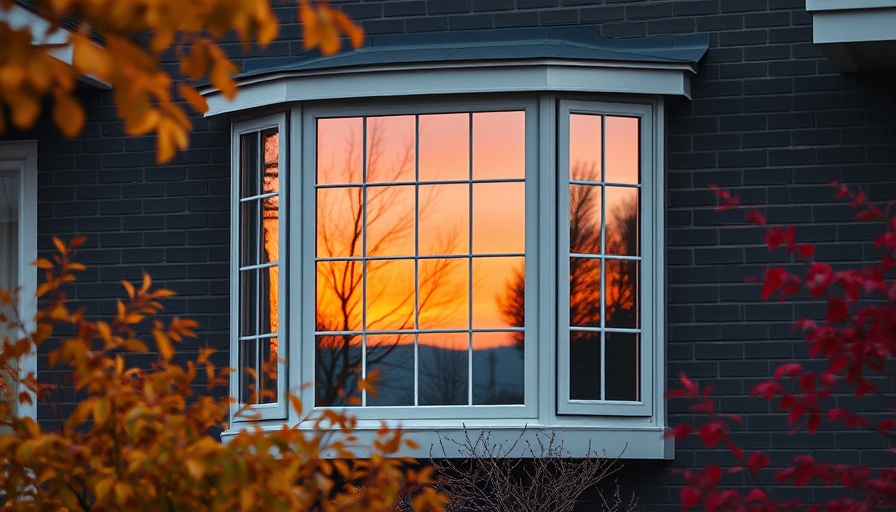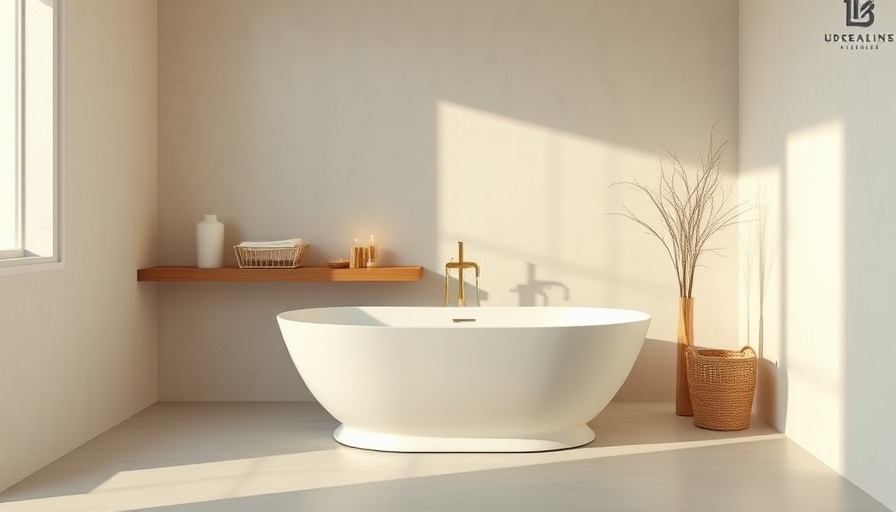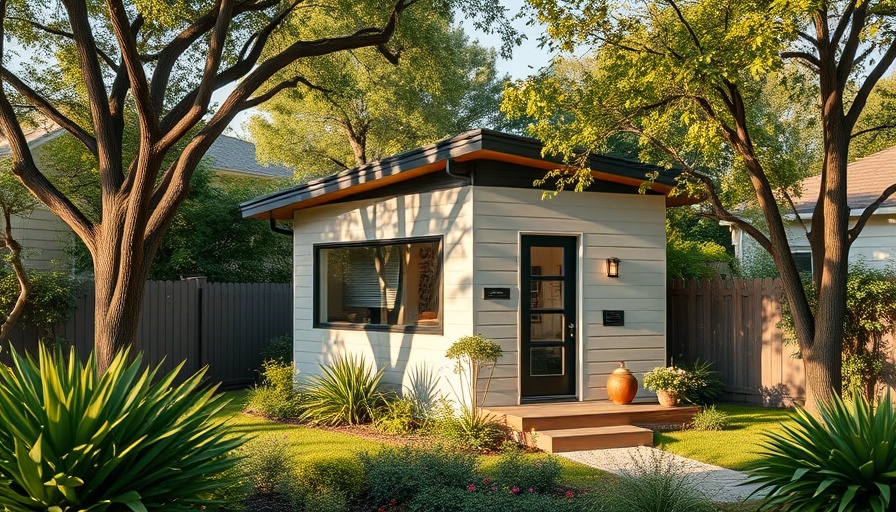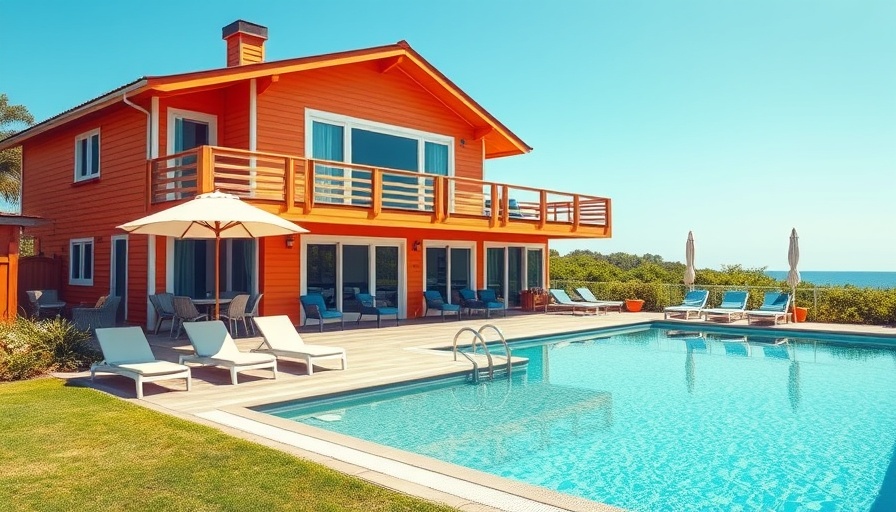
Transform Your Home with Bay Windows
Imagine starting your day with natural light flooding into your living space, offering breathtaking views of your home’s surroundings. Bay windows are the perfect architectural feature that not only enhances the beauty of your home but also increases its value. Homeowners considering this addition should be aware of their benefits and installation challenges to make an informed decision.
Why Choose Bay Windows?
Bay windows extend outward from the home’s structure, creating a unique aesthetic that can elevate any room. Not only do they allow an abundance of natural light, but their design also provides additional interior space and panoramic views. Real estate experts agree that homes featuring bay windows appeal more to potential buyers, making them a savvy investment for homeowners looking to increase property value.
Types of Bay Windows Explained
Different styles cater to various architectural designs. For instance, box bay windows have a flat front and work well with modern home designs, while canted bay windows, characterized by sharp angles, complement Victorian aesthetics. If you lean towards a traditional look, circle bay windows feature soft curves that add elegance to classic homes.
Essential Structural Considerations
Installing bay windows involves significant structural planning. Often, they necessitate additional support, including a cantilevered floor or ties to the roof. If your existing wall is load-bearing, it's crucial to consult with a licensed contractor or structural engineer. Engaging professionals ensures safety and mitigates future complications.
Choosing the Right Materials: A Key to Success
The material composition of bay windows plays a vital role in durability and maintenance. Common options include:
- Vinyl: Cost-effective and low maintenance, but may warp over time.
- Wood: Offers a classic appearance but requires regular upkeep.
- Aluminum: Highly durable and sleek but lacks thermal insulation.
- Fiberglass: Extremely strong and energy-efficient but tends to be pricier.
Understanding Energy Efficiency and Insulation
Effective insulation is crucial as large windows can lead to heat loss. Homeowners should consider double or triple-pane windows, particularly those with low-E coatings. Studies indicate that energy-efficient windows can reduce energy consumption by 12-33%, translating to significant savings on energy bills over time. Adding foam insulation around the frames further enhances energy efficiency.
Final Thoughts on Bay Windows
Bays windows add undeniable charm and functional benefits to your home. With careful consideration of design, materials, and installation requirements, you can enjoy the aesthetic appeal and energy efficiency that bay windows offer. Embrace the vision of your home with this standout feature!
 Add Row
Add Row  Add
Add 



 Add Row
Add Row  Add
Add 


Write A Comment